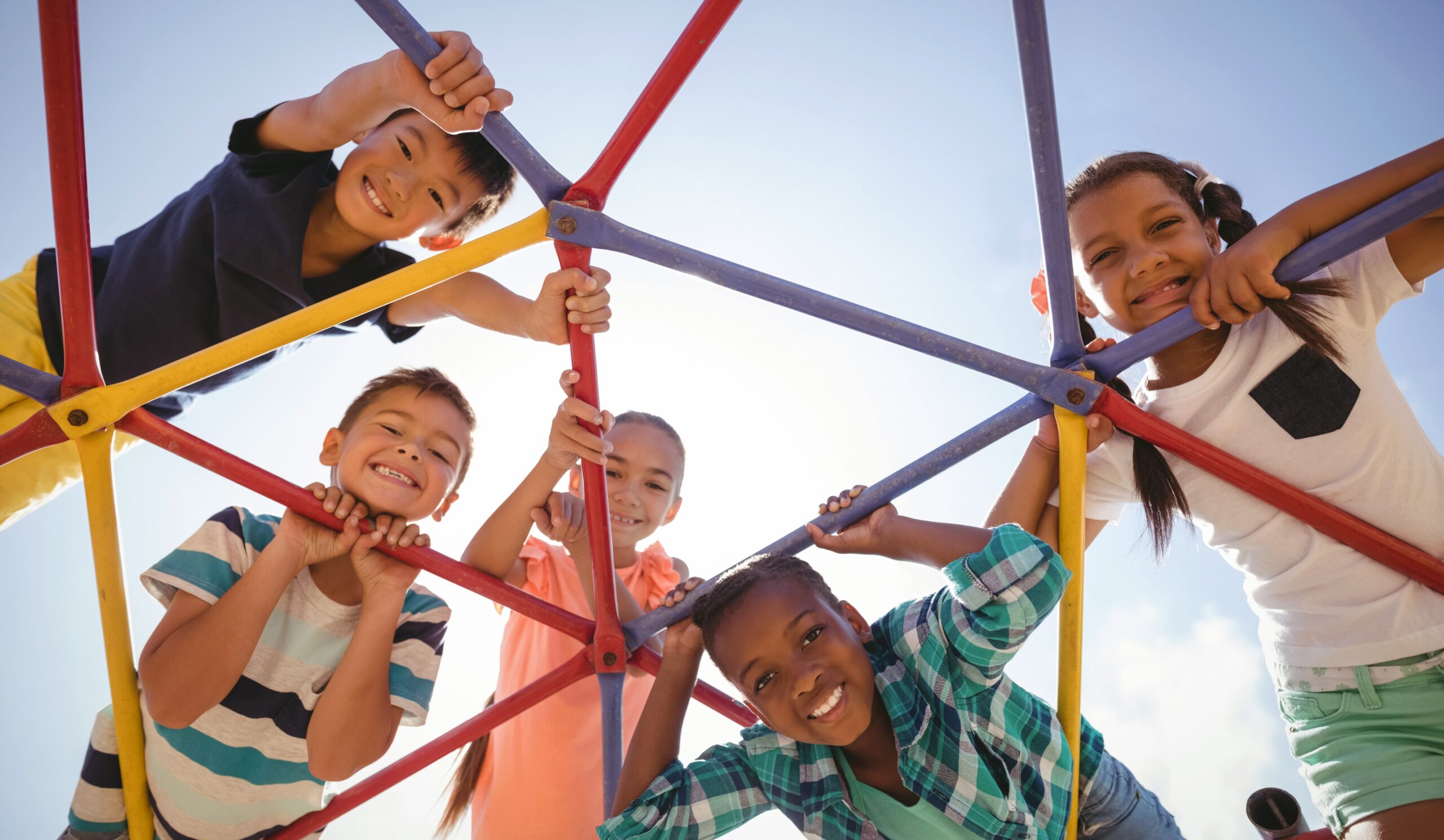Forward
by Teaching Channel’s Vice President of Engagement, Paul Teske
This summer, I was humbled and energized by the diversity, compassion, and wisdom of the educators that we convened as part of the Fab Five ELL Squad and California District EL Network. The goal of our gathering was to deepen our understanding of how best to serve bi- and multi-literate students. With the generous support of the Helmsley and Stuart Foundations, we came together to share our challenges and collective wisdom.
With the support of Sarah Ottow from Confianza, each member of the ELL Squad had a project with distinct goals for better understanding their puzzles of practice. Our Fab Five ELL Squad will be sharing their useful work in the upcoming months.
Emily Francis of Cabburas County Schools, North Carolina, is our next ELL Fab Five Squadster up to bat. Emily provides joy and depth to her work with elementary students — it’s a passion that has recently been noticed by People Magazine and Ellen DeGeneres. Her focus is on building a safe and inclusive environment for students AND families, since this provides the foundation for all things academic.
Emigrating to the U.S. from Guatemala as a child, Emily’s personal story illustrates the mixed feelings and experiences of hope and, conversely, educational alienation of many newcomers to the U.S., and it also supplies us with inspiration of how one’s experience can deeply inform one’s work that, in turn, nurtures the academic and personal lives of bi-literate and multi-literate students.
Stories such as hers often get lost in the broad conversations about immigrants and refugees; however, knowing the stories provides a context from which we can build compassion and understanding. And as educators, the stories help us understand our students better. We know you’ll enjoy Emily’s work and words as much as we do.

To be honest, I’m not sure to what Ella Fitzgerald was referring when she said these words. To me, where I came from counts — a lot! But since I moved to the United States from Guatemala, I’ve been sharply focused on the future.
Guatemala
I was born in Guatemala and lived there for 15 years. I’m the oldest of five children — four girls and a boy.
My mother was a single mother who worked day and night to provide for her children as best she could. I didn’t live with my mother until I was seven years old; instead, I stayed with family members or sitters since my mother often had to work.
Life was very difficult for me and my siblings during our childhood. We all encountered verbal and physical abuse, not to mention all the domestic chores we were expected to do on a daily basis.
As the oldest child, it was my job to care for my sisters and brother while our mother was working. I was also responsible for cooking, cleaning, grocery shopping, and the like. I wasn’t the best cook back then, and I’m sure my sisters will never forget the first time I made them scrambled eggs — I didn’t know I was supposed to let the eggs “gel” and cook before I served them… so they were a little runny.
I went to school when I could — when my mom was home. But I moved from school to school, from teacher to teacher often. All in all, there might have been one or two school years when I completed an entire year at the same school.
Balancing Priorities
Education is not a priority in Guatemala. Not because there’s no interest in education, but because survival is a greater priority. Third grade was the highest grade my mother and most of my relatives were able to complete. It was normal for me to miss school to help my mother sell oranges, cauliflower, or second-hand clothing at the market.

Even though I missed many school days, I was able to earn my sixth grade diploma at the age of 14. I was very proud of this accomplishment because this diploma is an honor to obtain in Guatemala. Its value is equivalent to obtaining a high school diploma here in the United States. Unfortunately, my mother was not able to be there with me to celebrate.
Life Without My Mother
I’ll never forget the day my mother told me she would be leaving Guatemala to make a better life for us in the United States of America.
It’s still difficult to find the words to explain how her decision made me feel. The thought of being without my mother terrified me, but I knew it was the best decision she could make for all of us.
Once again, my siblings and I were divided. My next-oldest sister and I stayed with my dad, while our middle sister stayed with church friends, and my youngest sister and little brother stayed together with a recommended sitter. It was very difficult to be apart from each other, not to mention being without our mother. You might think that my mother’s decision was crazy or perhaps cruel, like many people have expressed over the years; but in the end, it was all worth it.
My mother promised she’d fight for us, she promised to make the impossible possible. But many people didn’t believe she would succeed. People would say,
“She’ll never come back.”
“She’s going to forget about you once she makes her new life in the U.S.“
“You’re on your own now!“
I didn’t believe any of this. I knew, from the bottom of my heart, how much my mother cared for us.
We wrote to each other constantly.
We sent each other pictures and talked about our future together.
Yet, one year away from each other was all we could handle. We started sharing and noticing the abuse we were experiencing. I couldn’t bear the thought of my little sisters and brother going through the abuse I’d experienced.
My mom thought about returning to Guatemala when she found out what was happening. Yes, we needed our mother with us, but what about the sacrifice she’d already made crossing the border? What about the sacrifices we all made for more than a year? What about the plans we’d made for a better future?
y made crossing the border? What about the sacrifices we all made for more than a year? What about the plans we’d made for a better future?
There had to be another way… and there was. My mom sent enough money to build a small shed where we could all live together and I would take on the responsibility of caring for my siblings. In just a matter of days, at the age of 14, I took on full guardianship of my three sisters and my baby brother.
We had what we needed to survive — we had food, clothes, and shelter; but we were still just kids who needed a mother.
I needed my mother.
One year. That was all my mother could handle.
The only comprehensible solution was for my mother to return to Guatemala and start life all over again. Until, someone asked her, “Why don’t you bring your children to the U.S.?”
At that moment, the idea of bringing five kids alone from Guatemala to the United States seemed impossible. However, doors began to open and the plans to join my mother were in motion.







